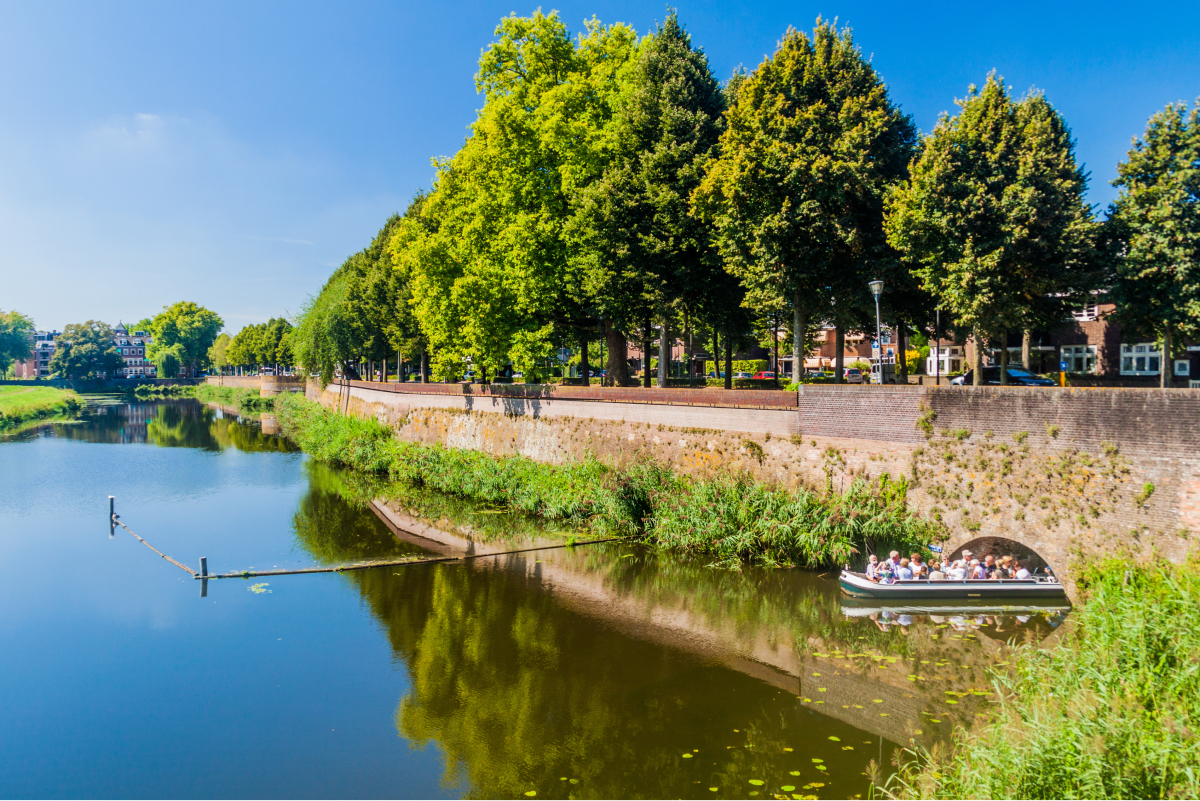interview with Angela Klein and Evelyn Lukat
Understanding transboundary water cooperation: Scoping Study of the Vechte, Berkel and Oude IJssel River Basins
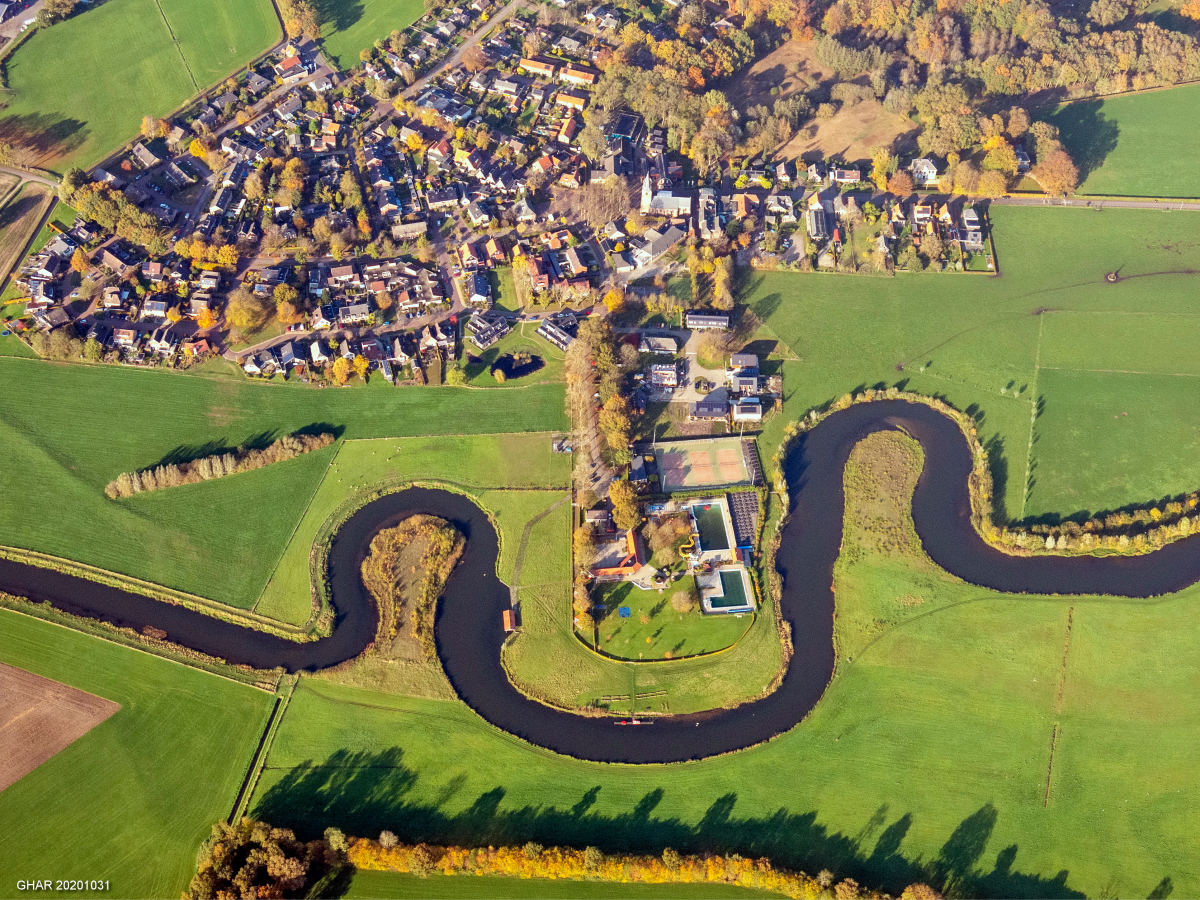
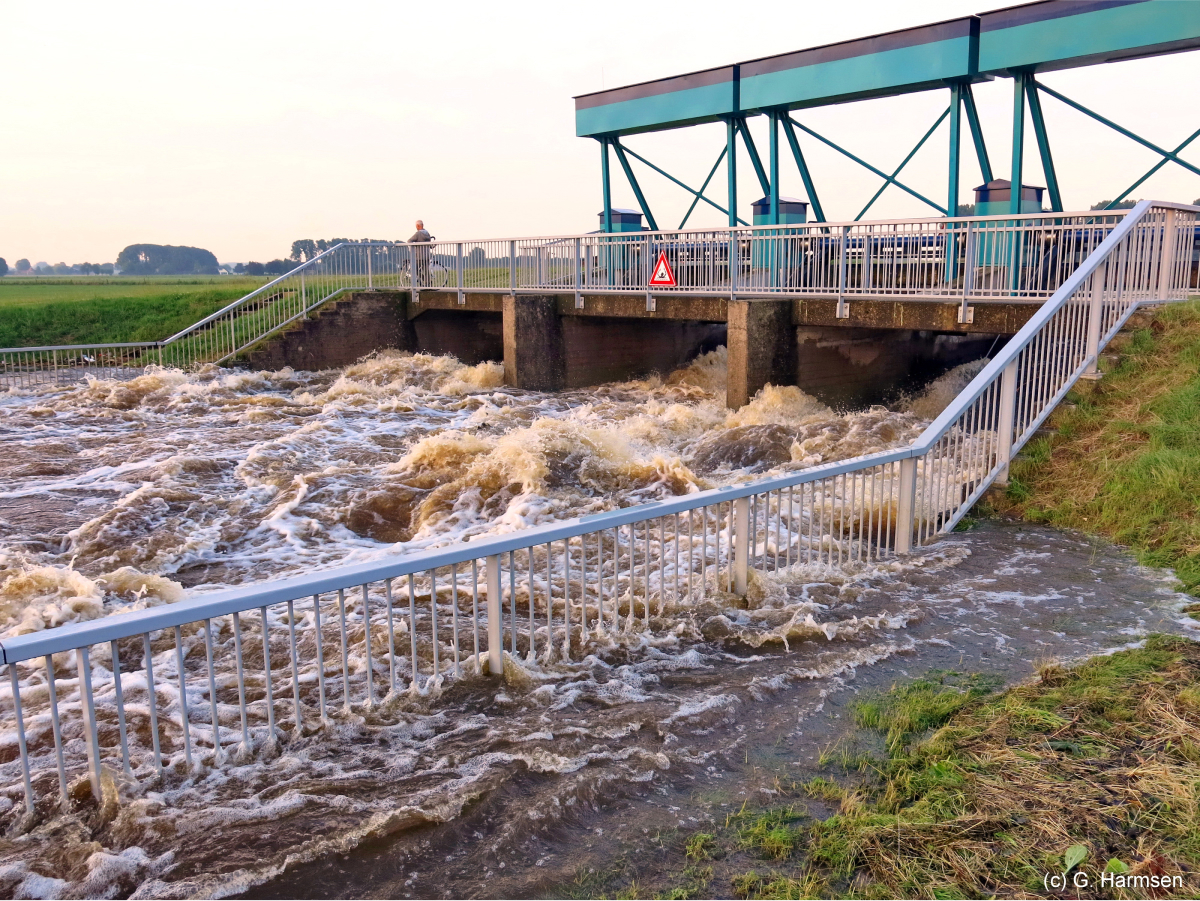
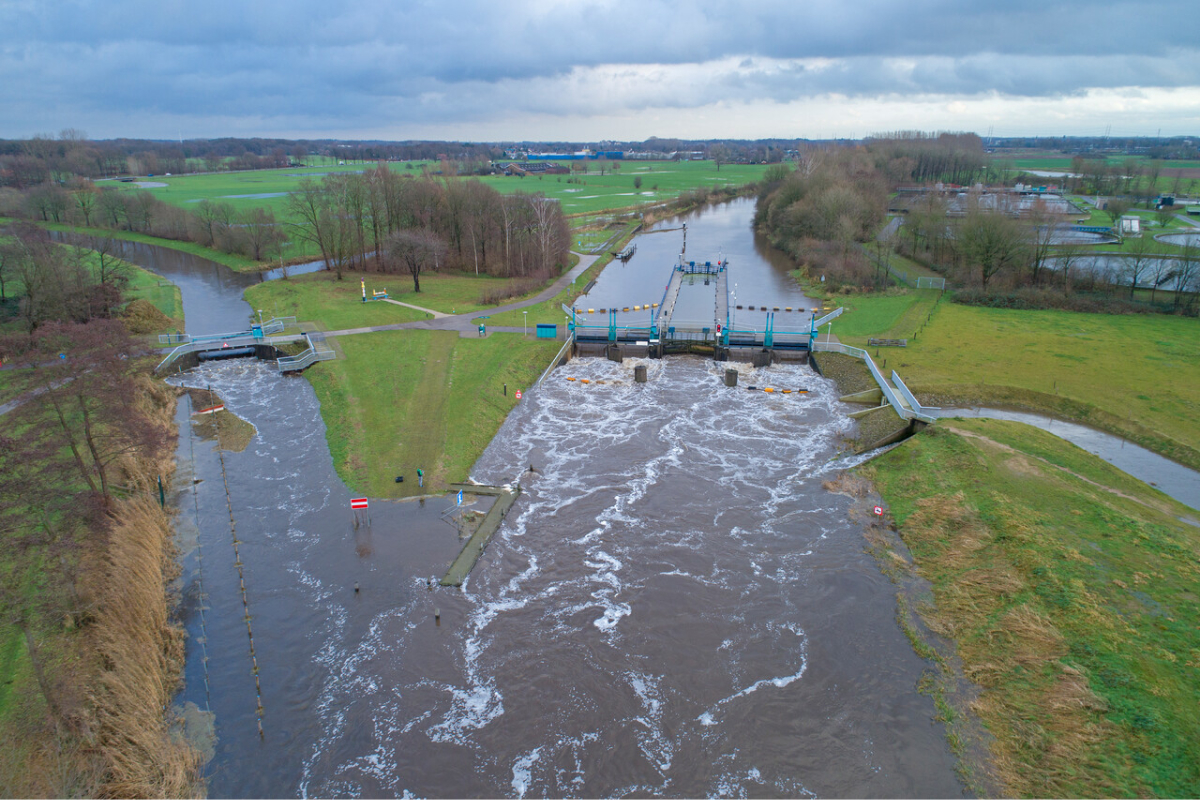
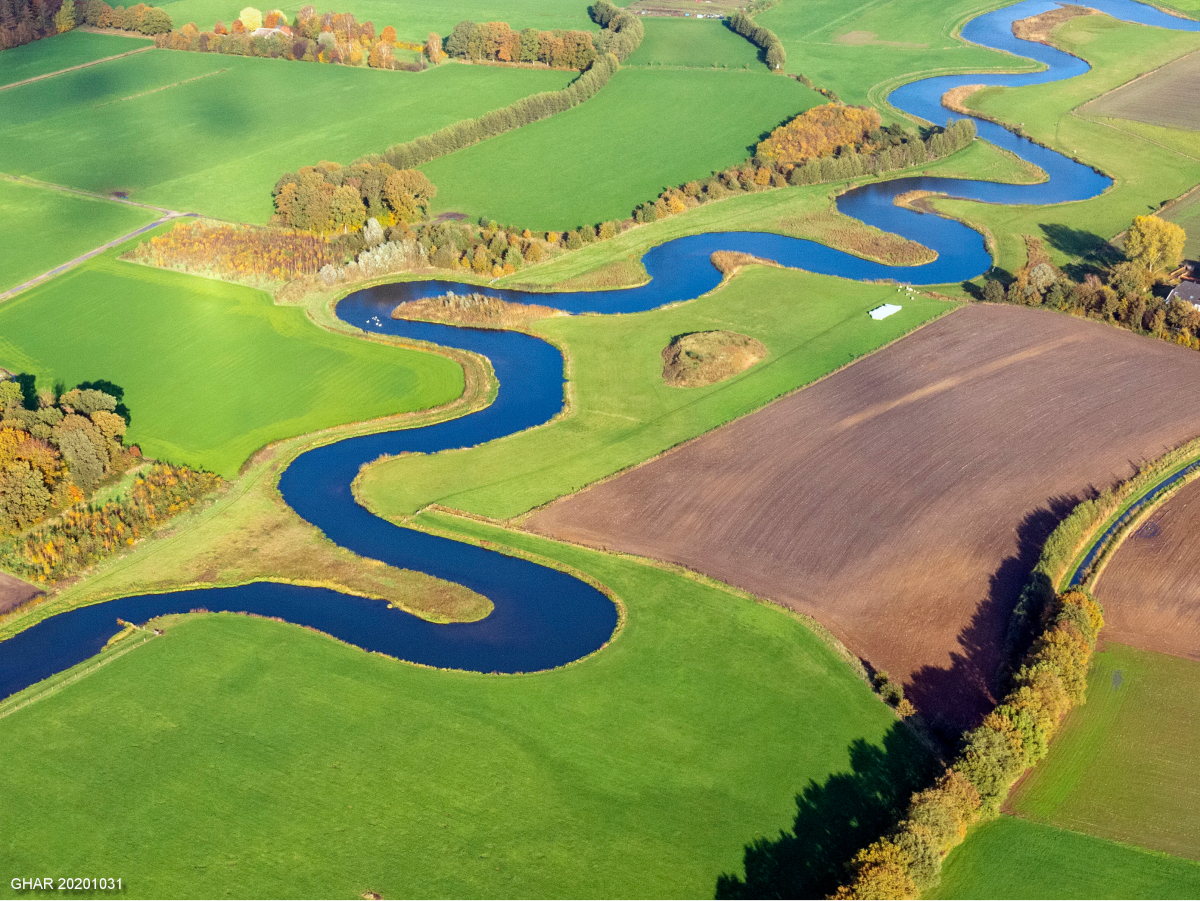
The Vechte, Berkel and Oude IJssel river basins, shared by Germany and the Netherlands, provide remarkable examples of the challenges and opportunities that arise from working together across boders. Angela Klein, a water management expert at Deltares, and Evelyn Lukat, a water governance researcher at Osnabrück University, lead a team of international researchers to identify some of the main challenges and opportunities to jointly prepare for extreme weather conditions in these regional river basins. We spoke to them about the motivation behind this first scoping study and discuss some of its key findings.
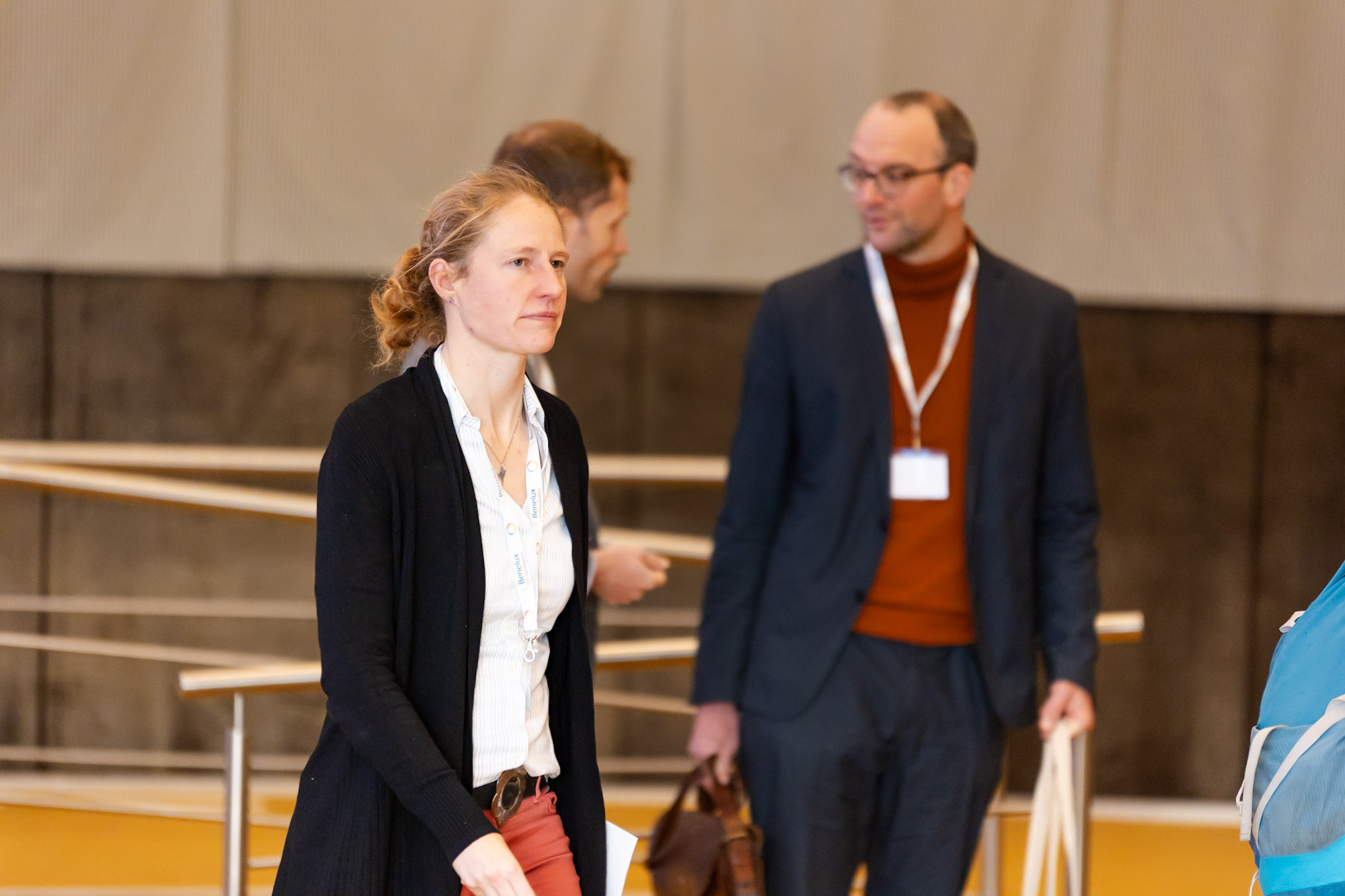
water management expert at Deltares
Angela Klein
Angela Klein is a researcher/consultant in the field of flood risk management. She completed her master's degree in water management at TU DELFT in 2022. Before that, she has worked for eight years in the petroleum industry in Germany and Belgium in various engineering positions. At Deltares, she worked on quantifying sponge effect measures in the Geul river basin and is very involved in the JCAR ATRACE programme both in projects and in the operational management team. She is currently co-leading the writing of a plan of action for a cross-border supra-regional stress test for the Vechte catchment with a colleague. She has experience with hydrological modelling, GIS and system analysis.
water governance researcher at Osnabrück University
Evelyn Lukat
Evelyn Lukat is a researcher and PhD student in the Resource Management Research Group at the Department of Geography and a member of the Research Centre for Environmental Systems Research at the University of Osnabrück. Her research focuses on the governance and management of integrated environmental systems, especially water and agriculture. An important part of her work is dedicated to stakeholder involvement in research and management. She is currently involved in the PRIMA-funded project REACT4MED, where she is designing and leading the intra-disciplinary research approach for eight case studies in the Mediterranean region. For her PhD, Evelyn focuses on the interplay between formal and informal institutions in institution transfer processes. Within this work, she analyses the implementation of Integrated Water Resource Management principles in governance systems in Germany and South Africa, in particular how governance systems at the local and regional level respond to the imposed principles.
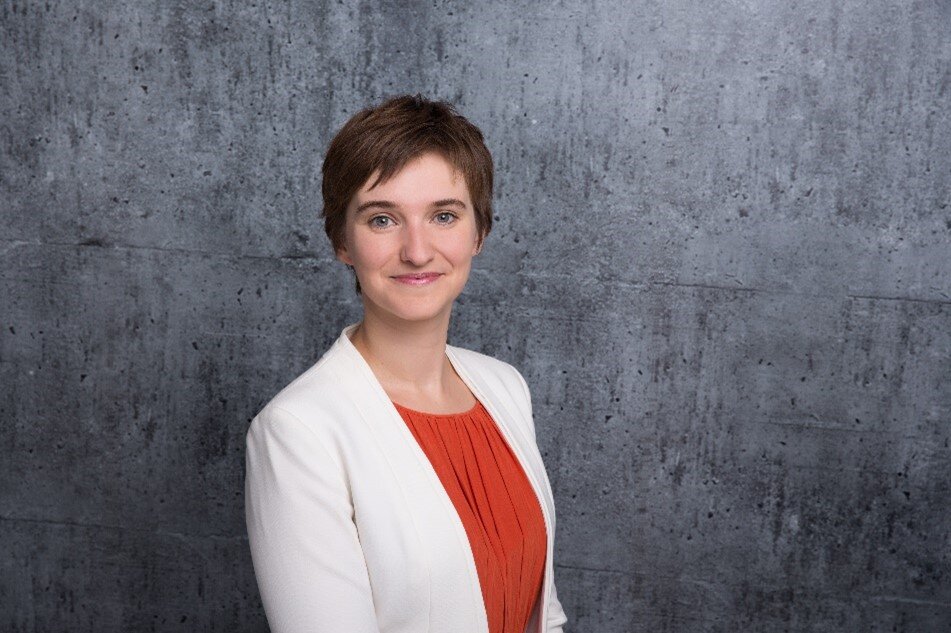
Assess cross-country differences and similarities in household flood adaptation and the effectiveness of such adaptation options.
Partner organizations involved
VU Amsterdam, Université de Liège, GFZ Potsdam
Regions covered by the study
Ahr-tal, Vesdre valley and Limburg
Scope & objectives
Following the 2021 European floods several independent data collection initiatives were undertaken in the affected regions of Belgium, Germany, and the Netherlands. The resulting object-level datasets contain valuable complementary information on hazard characteristics, vulnerability of exposed assets, and socio-economic factors which drive the adaptation capacity of the households and communities. So far, these datasets were analysed independently or in subsets; but no previous study aimed at extracting new scientific understanding from the fusion of all existing datasets. Such a holistic view offers the potential to strengthen the robustness and statistical significance of previous analyses, unveil new knowledge on flood damage mechanisms, reveal significant patterns between regions (in terms of hazard, vulnerability, damage, and coping capacity), and disclose possible bias resulting from data being collected at different periods and by different means (e.g., in-person vs. online surveys). It will also contribute to establish a common ground for subsequent analyses, such as upgrading flood damage models, assessment models to simulate the effect from adaptation and fine-tuning research questions to be addressed in the scope of the PhD research planned within JCAR-ATRACE (coupling of human-water systems, damage modelling …)
Approach
To cross compare surveys in NL, Ger and Be to assess cross-country differences and similarities in household flood adaptation and the effectiveness of such adaptation actions.
Actions/Tasks
- Systematic comparison and merging of the questionnaires used in the already conducted surveys;
- Match between variables collected in the various surveys to generate one harmonized dataset;
- Data exploration, descriptive statistics, and analysis (features extraction, regressions …) predominantly based on regression methods;
- Description of the main drivers of household flood adaptation in the three countries.
Outcomes/expected outcomes
Dissemination of the study results through a joint scientific paper
Next events/actions in the next 6 months
...
Thijs Endendijk
PhD student, VU Amsterdam
"The Vechte river basin is one of the largest regional transboundary river basins of the Netherlands, with a relatively equal contribution between Germany and the Netherlands. From the perspective of JCAR ATRACE it was identified as good research subject to examine more closely," Angela Klein explains, shedding light on the motivation behind the study. The overall goal: combining all available information to assess the status of flood and drought risk and their transboundary management.
Building on the most important knowledge gaps identified, the study presents a series of follow-up activities which can be carried out in the scope of JCAR ATRACE or in other research projects. Those include joint activities that range from quantitative impact assessments to the establishment of a transboundary groundwater monitoring network.
7,627 km2
total basin area
2.08 million
people living in the area
37%
land used for agriculture
An example of transboundary collaboration
The study adopted a comprehensive research approach using “a mix of desk research, to look into existing reports, interviews with the authorities and other stakeholders in the area”, Klein elaborates.
This truly embodies the spirit of JCAR ATRACE by bridging regional knowledge and perspectives, drawing upon the expertise of Dutch and German research institutions. With representatives from universities in Osnabrück, Aachen, and Twente, the study team capitalised on local insights and conducted interviews within their respective countries. This fostered an understanding of the cultural nuances and governance structures, essential for understanding the complexity of transboundary river management.
"We use an international team, a mix of Dutch and German organisations... The idea of the scoping study is that it is a joint project of input from both countries," Klein says, emphasising the collaborative nature of the study.
The study showcases how multi-layered transboundary collaboration can be. One of the layers of complexity comes from the differences in governance in the study area. It is not only divided between two countries, but also into multiple levels within the countries themselves. The area spans two federal states in Germany: Lower Saxony and North Rhine-Westphalia, as well as three provinces in the Netherlands: Drenthe, Overijssel, and Gelderland. In addition, the hierarchy structure is different in each country. Evelyn Lukat from Osnabrück University in Germany, who has extensively studied water governance and management, provides an insight into the country’s processes. “In Germany, decision making happens on the state level and not in the organisations that implement the regulations. Effectiveness would increase if institutional decision makers as well as the implementers were on board. We see this in the Netherlands, where the Waterschappen combine these two governance functions."
Going further, Lukat reflects on the complexities of aligning governance systems across borders: “It's unlikely to adapt the German governance system to the Dutch water governance system. It is part of a larger system that has developed during centuries, building a particular governance culture. While in the Netherlands decision-making may take place on the lower governance levels, the hierarchical culture of governance in Germany harmonises governance between the 16 states and between nine transboundary partner countries. Such a complex task needs coherence.”

Building on existing knowledge exchange platforms
The study's findings revealed several compelling insights. Notably, existing transboundary cooperation primarily revolved around flood risk management, with emerging attention towards drought mitigation in light of recent climatic shifts.
The international research team helped gather insights, but also highlighted complementary knowledge. Stefan Kuks is water manager at Waterschap Vechtstromen, a Dutch-based organisation responsible for regional water management in Twente, Vechtdal, and Southeast Drenthe. In addition, at the national level, he is chairman of the Transboundary Platform on Regional Water Management (GPRW) as well as chairman of the Delta programme on spatial adaptation. Regarding the study, Kuks highlighted several points on knowledge exchange, linked to different geography and climate situation: “Germans have advanced methods for managing water scarcity and reallocating water usage rights, including setting limits on groundwater availability. This approach contrasts with our current practices in the Netherlands, prompting a re-evaluation of our strategies for water management and rights allocation.”
The Waterschap Vechstromen is part of the Transboundary Platform on Regional Water Management (GPRW), which was founded in 2011 and currently consists of seven partners. On the German side these are the counties Borken, Steinfurt, Grafschaft Bentheim, and Emsland and Bezirksregierung Münster, and from the Netherlands the Water Authority Rijn and IJssel and Vechtstromen. The JCAR ATRACE program will support this platform, which in the past worked together on different projects in the region, a.o. the development of a shared early warning system for floods.
Klein and Lukat observed already a clear willingness to collaborate across Germany and the Netherlands in this region. However, while information sharing flourishes, translating this collaboration into joint analyses and projects still poses considerable challenges. Fragmented knowledge systems further complicated matters, highlighting the need for comprehensive, cross-border studies to better understand systemic dynamics and vulnerabilities.
"Unfortunately, transboundary collaboration often depends on individuals who act as the knowledge carriers. But when these 'connectors' leave the systems, they often leave a void" Lukat comments, “and not every organisation has the capacity to dedicate a team to collaboration, even if it is crucial."
New horizons?
The results of the study should not only serve as a compass for future research but also help shed light on the need for more collaboration. For Stefan Kuks, “an important goal of this project is to raise awareness on both sides of the border and to garner the attention of policymakers in Germany and the Netherlands. By illustrating the potential impact of significant flooding, we hope to influence decision-making regarding spatial planning and encourage alternative approaches.”
This message resonated with the spirit of the presentation of the study on the 24 April 2024. The results were showcased at a workshop held appropriately on the Dutch-German border at the premises of EUREGIO in Enschede. The need for more collaboration was acknowledged by the participating governmental stakeholders from both sides of the border. Following a lively discussion on the findings of the study, there was a shared interest in taking up different components of the recommended further investigations. Those included a transboundary stress test for extreme flood and drought events, a comprehensive evaluation of the recent Christmas highwater, a future-proof flood and drought forecasting system, more effective transboundary governance, increasing the sponge function of the landscape to mitigate floods and droughts and transboundary groundwater monitoring as the start of a joint drought management strategy.
In conclusion, the Scoping Study of the Vechte, Berkel and Oude IJssel River Basins supports how water management that further evolves towards inclusive transboundary cooperation. Unveiling some of the challenges, and the potential for deepening cooperation between countries, it is an exciting first step of our research programme. As governments grapple with increasingly complex hydrological challenges, international collaboration efforts - such as JCAR ATRACE - can help tackle these challenges. The final report of the scoping study will become available on short notice through our website.
